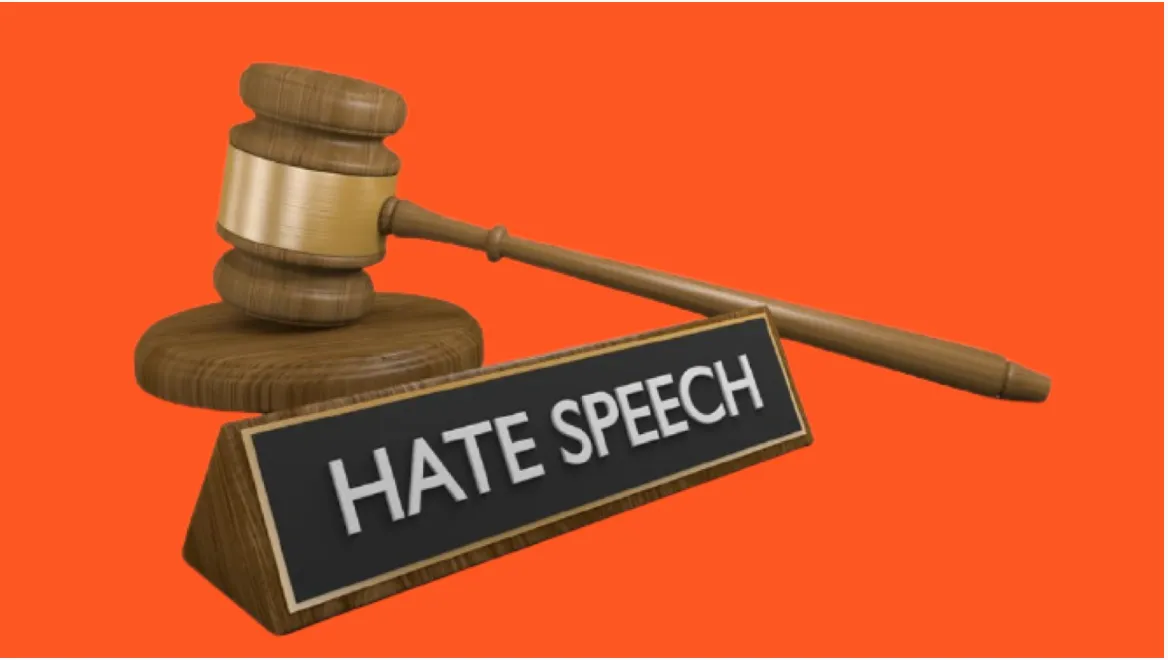Speech and other forms of expression are an extension of our thoughts – and if there is one human right we should take most seriously it is surely our right to think and believe what we want, and to express those thoughts. Equally important is our right to listen when others speak.
In addition to our health and happiness as individual human beings, the ability to freely debate ideas is essential to the healthy functioning of our communities and societies, and to our progress across all domains of human endeavor. Philosopher John Stuart Mill famously said: “He who knows only his own side of the case knows little of that. His reasons may be good, and no one may have been able to refute them. But if he is equally unable to refute the reasons on the opposite side, if he does not so much as know what they are, he has no ground for preferring either opinion.”
If the case for free speech is compelling, the case against restrictions on speech is equally compelling. Stifling of criticism and debate diminishes the human experience, and in its worst form is a hallmark of dictatorial and totalitarian regimes – allowing great injustices and great suffering to continue unchecked, and even unknown.
The most common reason people cite for wanting to limit speech is to “prevent harm”. But the relationship between speech and harm raises a large number of very difficult philosophical questions. Firstly, people can interpret something which is said in various ways, and interpretation of speech is always partly subjective. Secondly, people have different ideas about what constitutes harm and whether some particular item of speech actually causes or might cause harm. Lastly, even when we do agree that harm is caused, people have different ideas about how we should respond to that harm.
Here is just one example which relates to the question of how we should respond to harmful speech. Jonathan Haidt and Greg Lukianoff in their book The Coddling of the American Mind argue that allowing children to learn to deal with playground conflicts is important for building mentally resilient adults. They argue that excessive interference by adults in the name of preventing harm has actually caused a greater harm to children.
On top of the many difficulties around the concept of harm, there are also many difficult philosophical questions about the nature of speech and action. For example, to what extent does the intention of the speaker matter relative to speech content? Is it even possible to establish speaker intention? To what extent does speech affect audience beliefs and behavior? To what extent is someone responsible for the actions of others? Who decides?
Until recently it seems like most law makers have understood these difficulties and have understood that restrictions on speech must be very limited and specific, and that laws must be written using narrow rather than broad definitions, and which is objective and precise rather than vague, subjective or ambiguous.
Across Western countries these vitally important principles seem to be under attack from people seeking to broaden and extend laws which restrict speech. Ironically, the people mounting this attack are using language itself to do so – and the term “hate speech” is one of their most popular weapons.
The term “hate speech” is an exemplar of elastic, vague and subjective language. It’s the exact opposite of the kind of language – and kind of thinking – that we should want written into law, but it’s a catchy slogan and the perfect weapon for those who want to prevent people from speaking – or equally importantly want to prevent people from hearing.
Many of us grew up with the saying “Sticks and stones may break my bones but words will never hurt me.” A common retort these days is that “speech has consequences” or that “speech can cause real world harm”. But it isn’t the speech that causes those consequences. No one in the history of the planet has ever been punched by a word. The more we make speech the cause of the actions of others, the less we make people responsible for their own actions. This is disempowering to people and destructive to society.
There is a deeply insulting attitude embedded in the attitude of those who wish to restrict speech. They are effectively making four claims. The first is that other people are not capable of deciding what they should listen to. The second is that people believe and agree with everything they hear. The third is that people are not responsible for their own actions. Last but not least is the claim that the people seeking to restrict speech know what is right and the other people are wrong. All these claims are likely to be false, and all are deeply insulting. But if you are one of those people who think these claims are true, then ask yourself whether restricting speech is the best solution to the problem.
The hysteria around “hate speech” is matched only by the lack of evidence for actual harmful speech in the world. We must continue to demand specific evidence when people make claims about hate speech. This does two important things. Firstly, it reveals that the claims are usually unsupported by evidence. Secondly, in the cases where there is evidence, it opens up the possibility of discussion about whether the speech is actually harmful and whether anything actually needs to be done about it.










